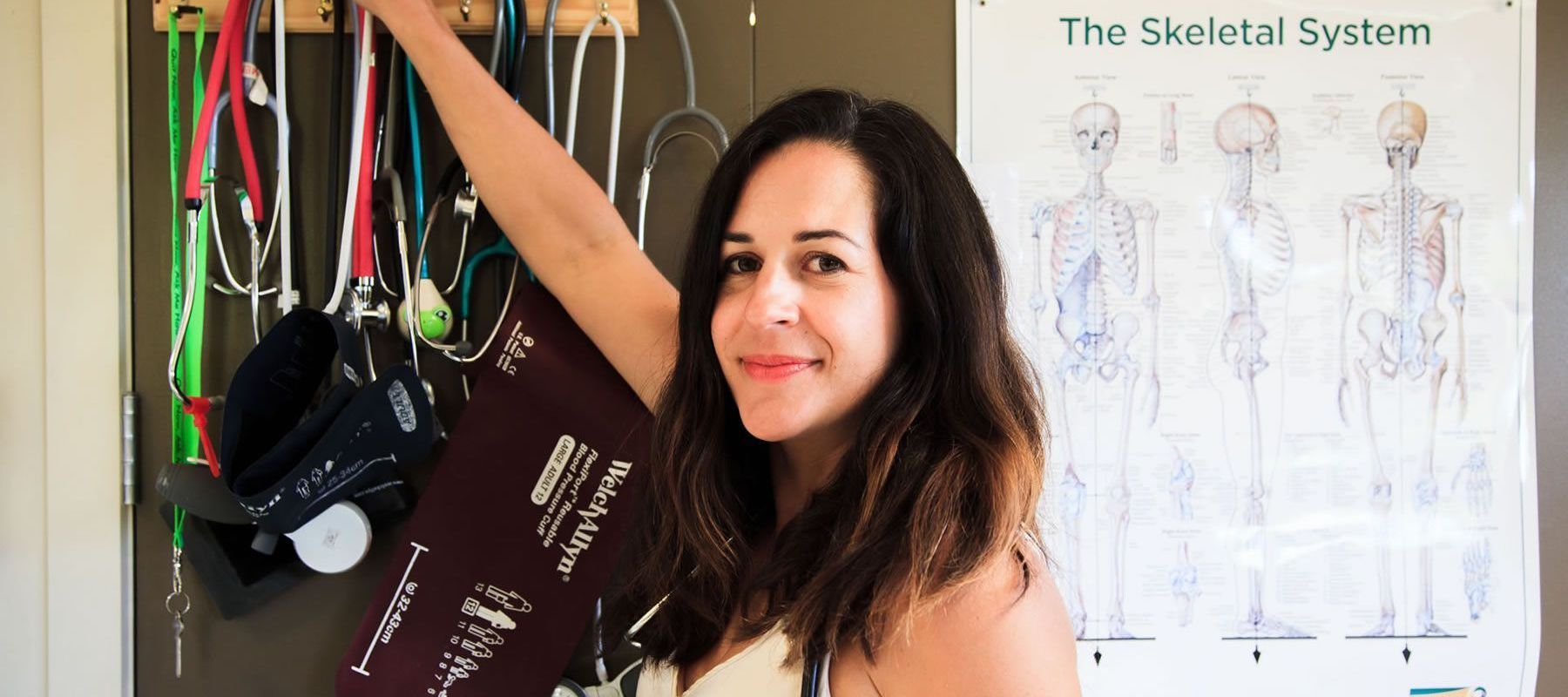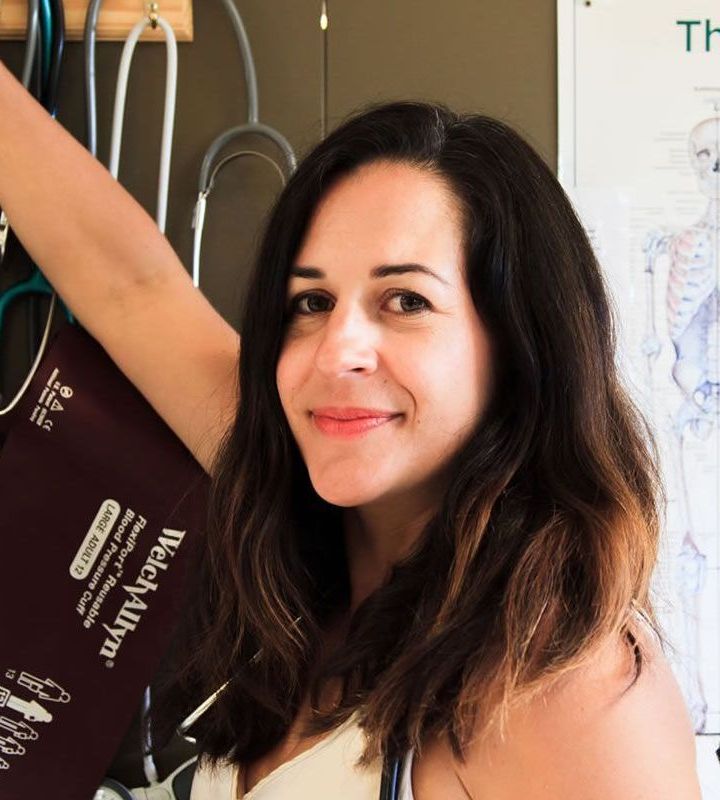Men's Health
Visit a GP and know your family history
One of the easiest and most effective ways that men can take care of their health is by getting to know a GP and having a check-up once a year – think of it like a ‘warrant of fitness’ for your body or taking a time out for a men’s health “Pit Stop”.
A GP will be able to check for all age appropriate health risks, answer any questions you may have about your health and outline what steps to take to make sure you stay healthy for the future.
You can also visit a pharmacy as your local pharmacist is an easily accessible first step towards looking after your health. They are open long hours, late nights and weekends, and can offer you free health information and advice. Participating Life and Unichem pharmacies are also offering free blood pressure checks throughout the month of June www.menshealthweek.co.nz/events.
By monitoring your health regularly and being aware of any illnesses or risks in your family history, you will be more likely to catch any health issues early and give yourself the best chance at surviving potentially life threatening illnesses, many of which don’t always have obvious symptoms in their early stages.
Men can find a new lease on life by having a check-up with a GP or nurse once a year and being proactive about their health.
Detection is in your hands
Testicular cancer is the most common cancer affecting men between the ages of 15 and 35, but the disease also occurs in other age groups, so all men should be aware of its symptoms.
Most testicular cancers are found by men themselves, by accident or while doing a testicular self-examination. The testicles are smooth, oval-shaped, and rather firm. Men who examine themselves regularly (once a month) become familiar with the way their testicles normally feel. Any changes in the way they feel from month-to-month should be checked by a doctor, preferably a Urologist.
Measure your pressure
Blood pressure can be a key indicator for a range of illnesses, such as stroke.
Each day, seven New Zealanders die from stroke, with a further 5,500 strokes occurring and often resulting in disability. A third of these strokes are attributable to high blood pressure. Therefore, having your blood pressure regularly monitored is a good preventative measure.
Participating Life and Unichem pharmacies are offering free blood pressure checks throughout the month of June.
Regular exercise
The benefits of regular exercise can be huge for physical, mental and sexual health. By getting into a routine that includes 30 minutes of physical exercise a day, you can be well on the way to ensuring your health for the future.
Research shows that higher levels of physical activity can reduce cardiovascular disease, help fight depression, help prevent the onset of Type 2 Diabetes and improve sexual function.
So take control of your health with 30 minutes of daily exercise.
Healthy eating
Just as important as regular exercise to making sure that you maintain a healthy and balanced life is healthy eating. Eating well is important for both mental and physical health, so you need to know what foods to eat, in what quantities and what foods to avoid to minimise health risks.
A balanced diet means eating a wide variety of healthy foods including plenty of vegetables, fruit and cereals (like bread, rice and pasta), some lean meat, chicken or fish, dairy products (milk, yoghurt, cheese) and lots of water. It’s a good idea to avoid fatty foods and foods with lots of sugar in them.
It can be hard to change your diet, so the best way to do it is to try and make small changes over time and eat healthy foods that you enjoy. A nutritionist can also offer advice and support and design a personalised nutrition and fitness programme for you. The Living Lean programme is a great example, visit www.eatfitonline.co.nz for more information.
Healthy thinking
Depression affects one in eight men at any time. Everyone can struggle with their day-to-day experiences, but the challenge facing men is to realize when they are getting overwhelmed and knowing how to get help. Recognising the symptoms of depression in yourself and others can be the first step to beating it. Symptoms include tiredness, irritability, sleep disturbance, and loss of interest in work or other activities. Other things to look out for as risk factors include family history of mental illness, excessive alcohol consumption, drug use, stress, unemployment and chronic illness.
Remember that there are services out there to help you or you can chat with your GP.
Stop smoking – it’s the only healthy option
Smoking causes more deaths every year in New Zealand than road crashes, suicide, skin cancers, drowning and homicide combined. It is no secret that if you are a smoker, it increases your risk of coronary heart disease, stroke and a range of cancers and other diseases.
Quitting is the only healthy option. The body has an amazing ability to recover from the effects of smoking after you quit. After 24 hours the carbon monoxide in your blood will have dropped dramatically and all the nicotine will have been metabolized. Within a year of quitting the risk of coronary heard disease is halved and after 10-15 years of not smoking your risk of disease will be the same as those who have never smoked.
There are a number of services available for those who want to quit – speak to your GP or nurse, call Quitline on 0800 778 778 for help or visit the website: www.quit.org.nz
Maintaining healthy relationships with family, friends and mates
Close relationships with family, friends and mates can form the cornerstone for a man’s whole life and wellbeing. They are the most important source of love, support and understanding and often underpin a man’s sense of self.
Healthy relationships are not just limited to those with wives, partners and family, often mates and close friends are just as important. One of the best things for men to do is to make sure that they have at least three close friends and mates who they know they can talk to and with whom they feel comfortable discussing anything. Often the harder something is to talk about the better you will feel when you finally express it. Just as important is to make sure that you are there for your mates when they might need you. One of the many great ways for men to get together with their mates is to join a community group, a sports team or a social club.
The other side of every healthy relationship is that there will inevitably be conflicts and stresses at some point. This is a natural part of every relationship. Being able to handle and deal with these differences is part of establishing and maintaining healthy relationships, and part of being a man. Relationships will actually be strengthened by talking about differences and learning how to overcome them.
Differences are always going to exist in any relationship and the best way to find appropriate solutions are through open and honest discussion. If you want more information about how to keep your relationship on track, or if you need some help through a difficult time, then contact Lifeline on 0800 543 354.
Prostate Cancer
If you’re over 40, get an annual check for prostate cancer!
1 in 10 NZ men will get prostate cancer in their lifetime. Some will need treatment and some will live with it, however don’t take any chances. From age 40 get an annual prostate cancer check – starting with a simple blood test. Prostate cancer is curable if you get to it early enough. For more information, support or advice visit the Prostate Cancer Foundation website or www.blueseptember.org
www.prostate.org.nz
Prostate cancer:
Prostate cancer is cancer that starts in the prostate gland. The prostate is a small, walnut-sized structure that makes up part of a man's reproductive system. It wraps around the urethra, the tube that carries urine out of the body.
Symptoms:
The PSA blood test is often done to screen men for prostate cancer. Because of PSA testing, most prostate cancers are now found before they cause any symptoms.
The symptoms listed below can occur with prostate cancer, usually at a late stage. These symptoms can also be caused by other prostate problems:
- Delayed or slowed start of urinary stream
- Dribbling or leakage of urine, most often after urinating
- Slow urinary stream
- Straining when urinating, or not being able to empty out all of the urine
- Blood in the urine or semen
- Bone pain or tenderness, most often in the lower back and pelvic bones (only when the cancer has spread)
Testicular Cancer:
http://www.testicular.org.nz/
Some facts on testicular cancer:
- Testicular cancer is the most common cancer in men between the ages of 15 and 35 years, but it can strike any male at any time.
- Testicular cancer is almost always curable if it is found early.
- Most testicular cancers are found by men themselves, either as a painless lump, a hardening or change in size of the testicle, or pain in the testicle.
- Children born with an undescended testicle have an increased risk of getting testicular cancer regardless of whether surgery is done to correct the problem. However, the surgery for an undescended testicle should still be done to preserve fertility.
- Testicular cancer can be treated with surgery, radiation treatment, chemotherapy, surveillance, or a combination of these treatments.
- Many different types of cancer can occur in the testicle. In general, the term 'testicular cancer' refers to the most common type of testicular tumour - germ cell tumours.
Who gets testicular cancer?
Testicular cancer is one of the most common cancers in men between the ages of 15 and 35, but the disease also occurs in other age groups, so all men should be aware of its symptoms. While testicular cancer is common among young men, young men typically do not get a lot of cancer, so overall testicular cancer is a relatively rare disease. Most testicular cancers are found by men themselves, by accident or when doing a testicular self-examination. The testicles are smooth, oval-shaped and rather firm. Men who examine themselves regularly (once a month) become familiar with the way their testicles normally feel. Any changes in the way they feel from month-to-month should be checked by a doctor, preferably a urologist.


Warning signs that men should watch for:
- A lump in either testicle; the lump typically is pea-sized, but sometimes it might be as big as a marble or even an egg
- Any enlargement of a testicle
- A significant shrinking of a testicle
- A change in the consistency of a testicle (hardness)
- A feeling of heaviness in the scrotum
- A dull ache in the lower abdomen or in the groin
- A sudden collection of fluid in the scrotum
- Pain or discomfort in a testicle or in the scrotum
- Enlargement or tenderness of the breasts.

